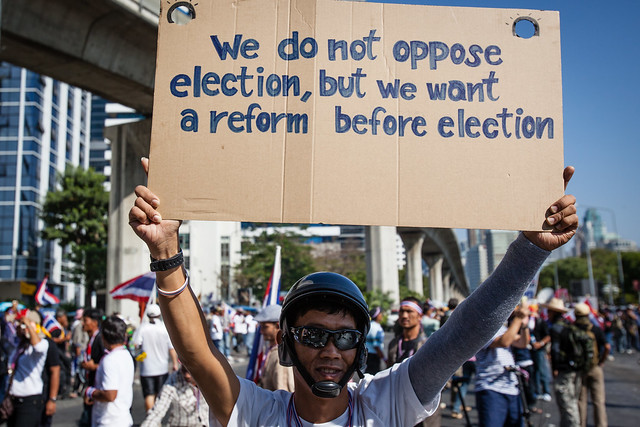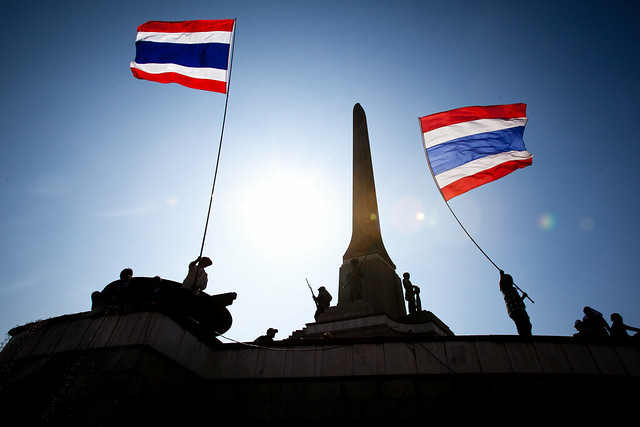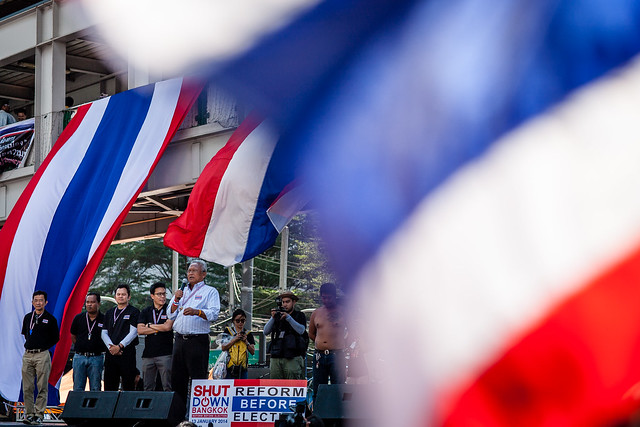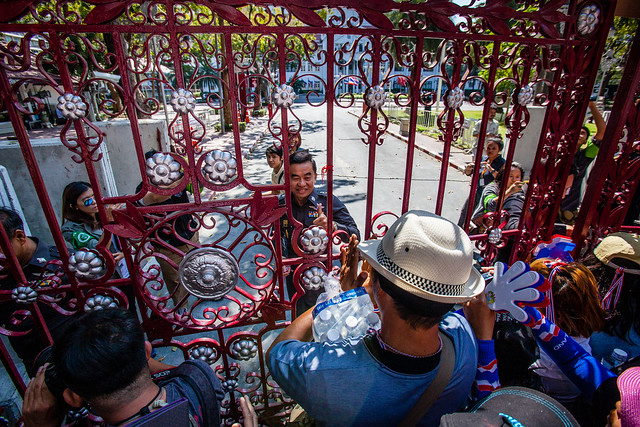The US Women’s national soccer team eviscerated Thailand by an unheard-of 13-0 score in the group stage of the FIFA Women’s World Cup. It was not a great day for sportsmanship, as the American women celebrated every goal as if they’d just broken a 0-0 tie in injury time of the final:

A screen capture from the highlight video at YouTube. Amusingly, if you try to watch this clip on the official FIFA Women’s World Cup site, you get an error saying “This video contains content from FIFA, who has blocked it from display on this website”
At American Thinker, Jonathan Keiler recounts the reaction to the game and the counter-reaction that followed:
On Tuesday the U.S. Women’s National (soccer) Team (WNT) obliterated a hapless Thailand squad in a 13-0 rout. That’s about 91-0 in football terms, but in a sense even worse, given soccer’s relative dearth of scoring. It would not be worth noting, except that many present and former WNT players recently sued the U.S. Soccer Federation claiming disparate treatment and pay, and to the general championing of all things female in a supposed age of “toxic masculinity.”
The game and the result might cause a reasonable observer to question popular progressive views on these issues, not because the U.S. women won, but how they did it.
[…]
This lack of competitive edge to the women’s game affects it at all levels, from youth leagues to international soccer. It’s not the individual players’ fault, but it’s a fact. I coached soccer for years (boys and girls.) On the women/girls side, routs like what happened on Tuesday are relatively commonplace in many leagues, up to and including high school — and obviously even after. And while this happens on the boys/men’s side too, it is less common and exaggerated.
So even leaving aside the issue of whether the men’s game is better in terms of speed/skill/aggression, the fact is generally the men’s game is more interesting and competitive more often. That puts additional fannies in seats, people watching on TV, and generates greater income, which is reflected in pay. Non-soccer aficionados may pooh-pooh the game’s rhythms and low scoring generally, but the fact is, first round games in the Men’s World Cup are far more interesting and exciting than the female version. So the WNT did themselves no favor in their legal case by making a major shortcoming of the women’s game painfully obvious.
They also did themselves no favors winning over international fans (and a lot of on-the-fence Americans) by their graceless destruction of the Thailand ladies. It’s not just that the WNT ran up the score, it’s that as they did so they acted as if they were heroes doing the impossible, rather than seasoned pros essentially carving up an amateur squad. They screamed, danced, ran around crazily, slid on the ground and the like, after every one of those thirteen goals. They didn’t act like children — they acted worse than children.










